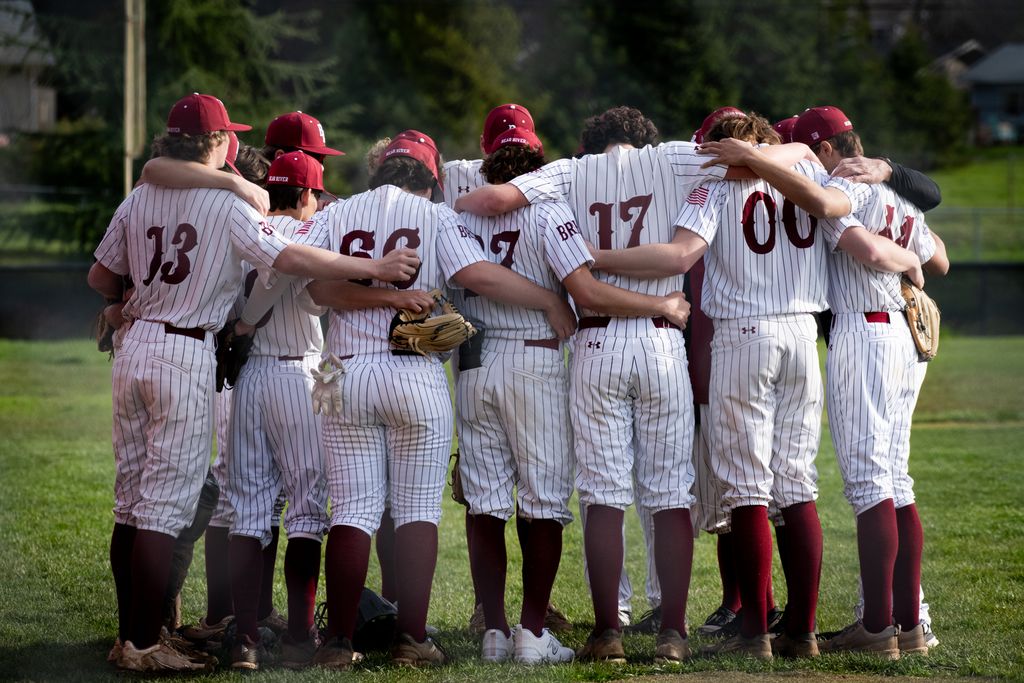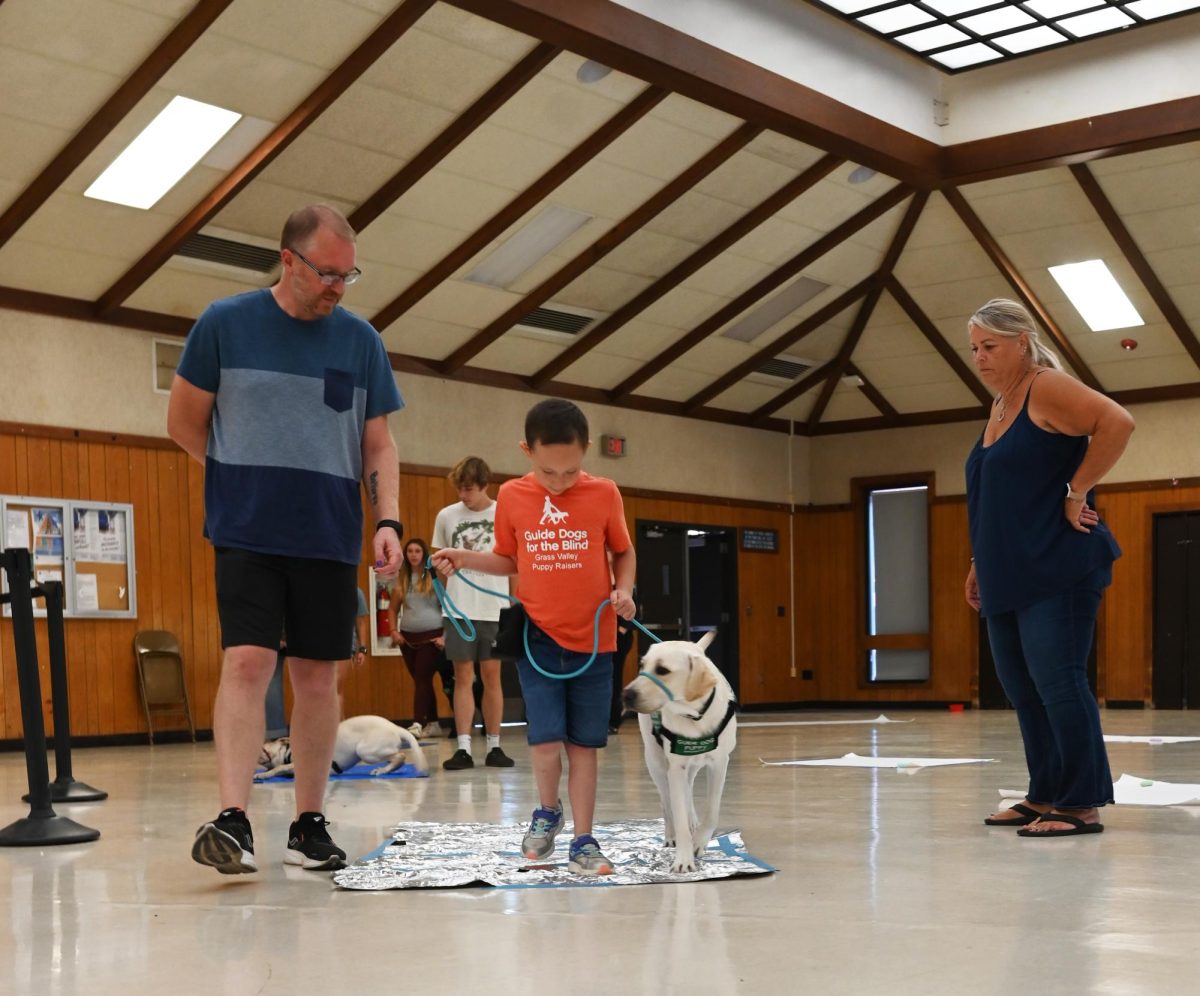During quarantine, many Bruins are figuring out ways to spend their time while they are quarantined in their home. One of the most popular activities students are relying on includes playing video games.
Several students described why they have found themselves playing more video games than before quarantine.
“In all honesty, because I find that I need something other than my phone to occupy myself,” said Freshman Emma Tilgren.
Senior Lanty Molloy continued with the same sentiment.
“I’ve been playing video games because there is nothing else left to do,” he said.
“Video games have been a way for me to release stress during these tough times,” continued Junior Tanner Roberts.
There are approximately thirteen wakeful hours in a day — there is only so much that a teenager could busy themselves with. Contrary to belief, Junior Tyler Arshawsky commented on his minimal game time.
“[I have played video games] barely at all… I’ve probably played like three hours the whole time,” he said. “Because I have no attention span and I get bored easily.”
Junior Aron Seniw, unlike Arshawsky, has been playing a lot of video games.
“I have been playing video games … probably a few hours a day,” he said.
Many students struggle with boredom which is the primary reason for an increased time spent on video games. Lisa Adamson, mother of Freshman Kyle Adamson and Junior Emily Adamson, commented on ways she regulates the amount of time spent on video games in her family.
“We just have time frames where they are allowed to get on during the day,” she said.
She continued to explain whether or not other parents should be meticulous regarding how much time is spent on a screen everyday.
“I guess that mainly depends on your child,” she said. “When it comes to internet and social media, it’s … kind of a parent’s duty in a way almost. [Parents need] to know what they [the kids] are doing. It’s like a rabbit hole — You don’t know what’s going on [what your child is doing online].”
As a main reliever of boredom or stress, this game play could be detrimental or beneficial depending on how much time it spent on it. Junior Ava Graham elaborated on this idea.
“Video games can be beneficial because of how they’re a good way for anyone to escape the reality of quarantine and play something to distract themselves,” she said. “However, they can be detrimental because it can spawn a gaming addiction along with other effects.”
Mrs. Adamson also commented on both sides of the argument.
“One advantage is it gives my kids something to look forward to,” she said. “They’ll get up, do their homework and their chores knowing they have that time coming up … I also find that it’s a way for them to be social, especially right now. That’s another big advantage … At this point, right now, there really is not much else to get you through the day really.”
She continued to describe the disadvantages.
“Disadvantages [of playing video games] is that it can, if [the time is] not watched, almost be a little bit too consuming,” she said. “You lose track of time … I mean there’s good and bad. Just manage it and recognize the good and the bad then you’ll know how to handle it.”
While some spend time on video games, some high schoolers have found different ways to spend their time. In lieu of reducing screen time, Mrs. Adamson suggested a few activities that students can partake in.
“I know we’re trying to do more exercising, … so that’s really good,” she said. “We’re out seeing new things, exercising, having fun doing that, … but I know not everyone can do that … [You could also] learn new skills or work upon a skill you already have.”
Graham added a final thought about the increase in video gaming during quarantine.
“Video games aren’t the best cure to boredom, but it’s better than doing nothing,” she said.
— Annabelle Owyoung contributed to this report.



































